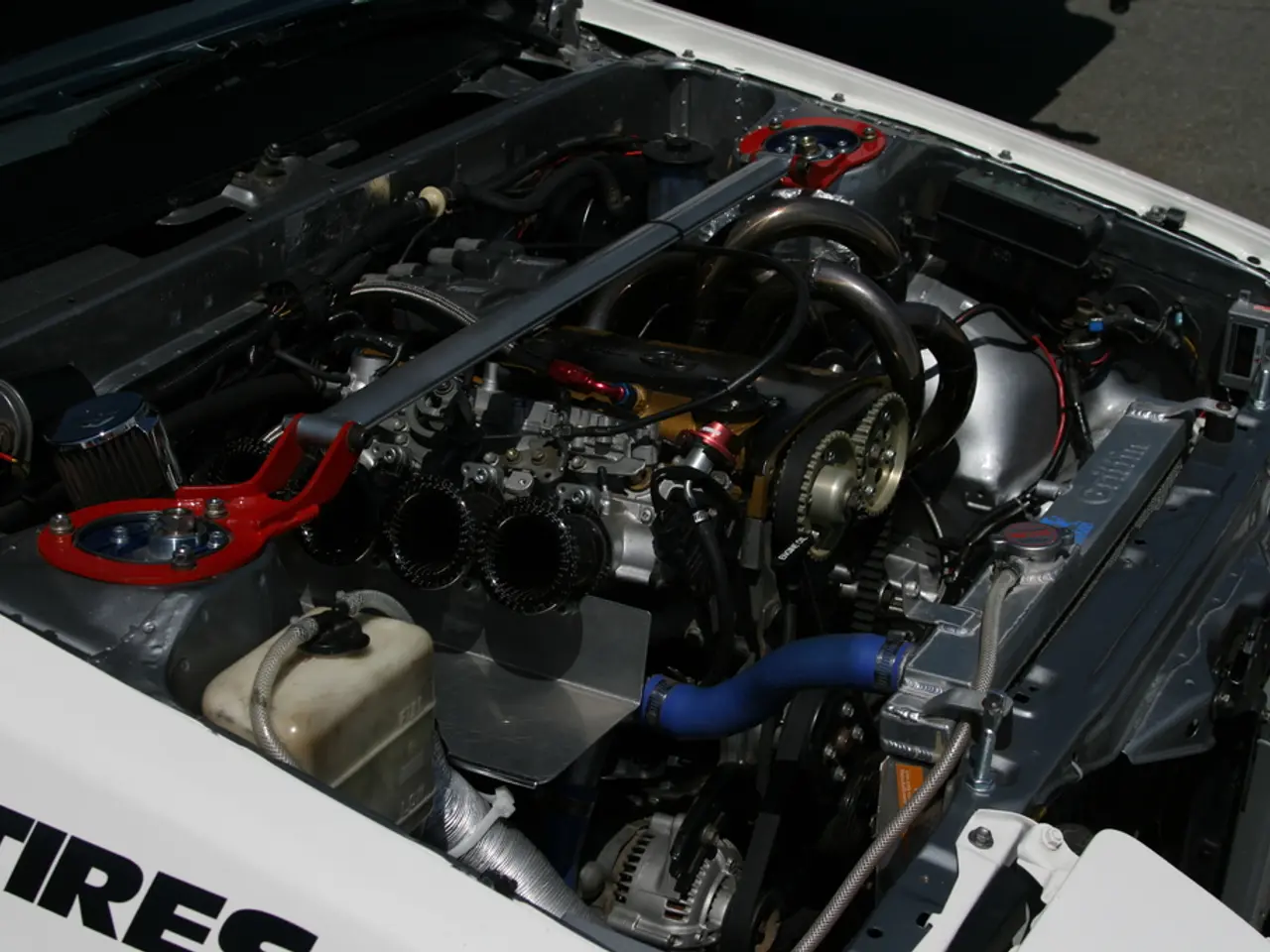Future-focused battery testing facility in Berlin pushes boundaries, creating eco-friendly and secure batteries for tomorrow.
In the heart of Berlin, the Federal Institute for Materials Research and Testing (BAM) is building a new battery testing center, aiming to significantly advance innovations in the field of electrical energy storage. This center is poised to play a crucial role in the energy transition, as battery technology becomes increasingly vital for the storage and utilisation of renewable energies.
Dr. Christian Weinberger, who works on the development of sustainable materials for lithium-ion batteries at BAM's Berlin site, is at the forefront of this research. The focus is on creating longer-lasting batteries, as a longer lifespan would improve the environmental balance of batteries.
The new test center is not only concerned with primary battery use lifespan but also with so-called second-life applications. These applications include using batteries from electric vehicles to store power in private households or forming stationary large-scale storage systems to improve supply security.
BAM is also conducting large-scale tests on battery safety, including a project funded by the Federal Ministry of Education and Research. Safety is paramount, particularly the prevention of thermal runaway, which can lead to high temperatures and fires.
The test center is available to BAM employees and cooperating institutions from science and industry. The facility is equipped to cyclically charge batteries with high load rates to simulate aging processes, providing valuable insights for the development of safer and more durable batteries.
Batteries are currently in high demand due to their potential to boost renewable energies. Companies like Porsche are relying on the technology, with Porsche relying on the supercell and having founded a battery factory.
Nicole Lücke, a science journalist who reports on energy, technology, sustainability, and medicine/medical technology, highlights the importance of this research. "Electrical energy storage systems are considered a key technology for the energy transition," she says.
BAM is also researching innovative and resource-conserving materials for battery components, including sodium-ion batteries as a potential replacement for lithium. These materials could help address the sustainability issues associated with the main materials currently used in batteries, such as lithium and cobalt.
Large, stationary battery storage systems could be a solution for the energy transition, but their storage capacity needs to be increased. The new battery test center at BAM is a significant step towards achieving this goal, contributing to a more sustainable and efficient energy transition.
Read also:
- Peptide YY (PYY): Exploring its Role in Appetite Suppression, Intestinal Health, and Cognitive Links
- Toddler Health: Rotavirus Signs, Origins, and Potential Complications
- Digestive issues and heart discomfort: Root causes and associated health conditions
- House Infernos: Deadly Hazards Surpassing the Flames








